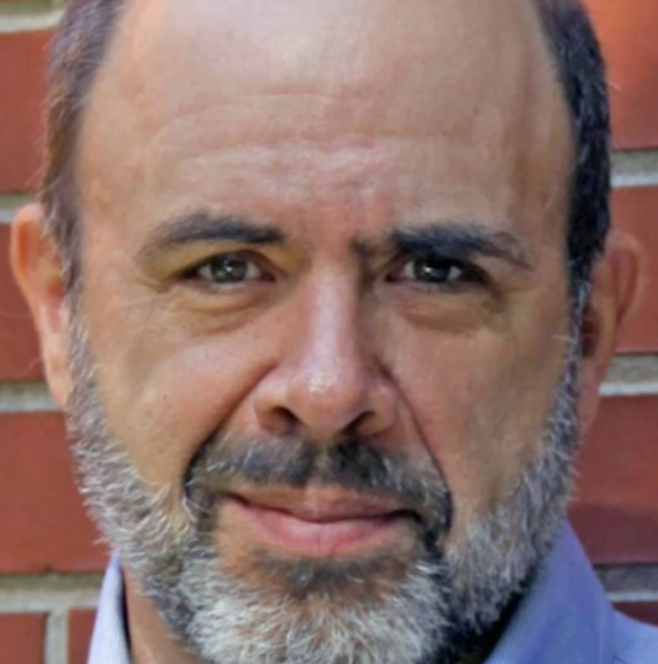One month after the Seneca Falls town board passed a resolution calling on the state to investigate high lung cancer rates around the Seneca Meadows Inc. landfill, the resolution still hasn’t been forwarded to any state officials.

Town Supervisor Mike Ferrara had tried to block the resolution in August by claiming that a majority of the five-member board wouldn’t support it. But when the other four board members voted yes Sept. 5, Ferrara fell in line to make it unanimous, drawing cheers from the audience.
At the board’s meeting last night, the resolution’s author, Barbara Reese, sought to confirm that the document had been forwarded to the state Department of Environmental Conservation and other state officials. It hadn’t.
“I apologize,” Ferrara told Reese. “There was a miscommunication … It should be certified and sent by the town clerk. That will happen tomorrow.”

Town Manager Peter Soscia then promised Reese he would personally confirm the transmittal, but it hadn’t happened as of late Wednesday.
The omission effectively squelches widespread community concern about ways the the state’s largest landfill may be harming the community health. And the timing of the delay is highly significant.
The DEC is poised to approve a final scoping document that will limit issues considered in the environmental impact statement SMI must prepare for its planned major expansion. A draft scoping document released by the DEC in December is virtually silent on how SMI’s air emissions and toxic leachate affect the health of residents of Seneca Falls, a state-designated disadvantaged community.
The state Department of Health has reported that SMI is located within a lung cancer cluster, based on data from 2011-2015. Following up, WaterFront reported in June that lung cancer rates were particularly high in census tracts near the landfill for both 2011-2015 and 2013-2017.

When WaterFront asked the DOH to provide more recent cancer data by census tract, the agency refused, at first citing federal guidelines that call for “suppression” of certain cancer data that may seen as statistically unreliable.
But when WaterFront sought the same census tract data under a Freedom of Information Law request in August, the agency said last week it was conducting a “diligent search” for the records. It said it did not expect to complete the task before Nov. 11.
Meanwhile, the Seneca County Health Department has asked the DEC to require an analysis of landfill odors and air emissions in SMI’s environmental impact statement.
In a Sept. 29, 2023 letter to the DEC, Scott King, the county’s director of public health, called for the DEC to require an “evaluation of the components of the odors/gas being emitted by landfill operation.”
King also called on air monitoring data to be submitted to the DOH’s Bureau of Toxic Substances Assessment in Albany for analysis and review. The landfill acknowledges emitting several chemicals that are known human carcinogens, including benzene and vinyl chloride.
King’s letter followed complaints from Waterloo Container about “extremely offensive and pervasive” odors both outside and inside its buildings across the highway from the landfill on several days this summer.

In addition to very common complaints of “landfill gas” from businesses and residents around SMI, the county health department has also received complaints of “sewer gas” from within “three to five” businesses, including Waterloo Container. SMI has addressed several of those complaints.
King said he notified DOH headquarters in Albany that he intended to write the DEC but did not share a copy of his letter before sending it.
“We’re supposed to advocate for the health of our community,” King told WaterFront. “I thought this was the most appropriate time given that SMI is applying for a revised permit.”
SMI is seeking DEC approval for its Valley Infill project, which would allow the landfill space to continue operating through 2040. It would raised the height of the garbage mound by about 70 feet.
In anticipation of that expansion, Ferrara led a team that negotiated a draft host community agreement with SMI without input from the full board. As drafted, the HCA could provide the town more than $10 million a year.
Last night, board members Kaitlyn Laskoski and Steve Churchill pressed Ferrara on the role of the law firm Bond, Schoeneck & King in preparing the proposed HCA. They said the board never authorized the firm to conduct those negotiations. Laskoski complained that Ferrara’s brother, David Ferrara, an attorney at the firm, was among the negotiators. Laskoski has said she favors the landfill’s plan to expand, while Churchill opposes it.
At its Sept. 5 meeting, the Seneca Falls town board, by a 3-2 vote, had tabled a non-binding memorandum of understanding that states the board’s intention to adopt the proposed HCA if the landfill obtains its permit to expand from the DEC.
At its meeting last night, the board adopted the same MOU by a 3-2 vote, with Dawn Dyson switching her position.
Reese, author of the cancer study resolution, had urged the board to reject the MOU. “If we have a concern about the health of our people … I urge you not to approve this MOU because you need to get the attention of the DEC (first). That letter (with the cancer study resolution) needs to be sent.”
After the meeting, Reese said: “I thought I had made the connection on the importance of tabling the MOU until they had the (most recent) census information regarding the cancer cluster location. I was pretty upset they passed the MOU anyway.”
The board also adopted, by a 4-1 vote, a comprehensive plan for the town through 2040. Among the action items included:
“Town leadership should form a committee to discuss the eventual closure of the landfill and the impacts on the community.”


